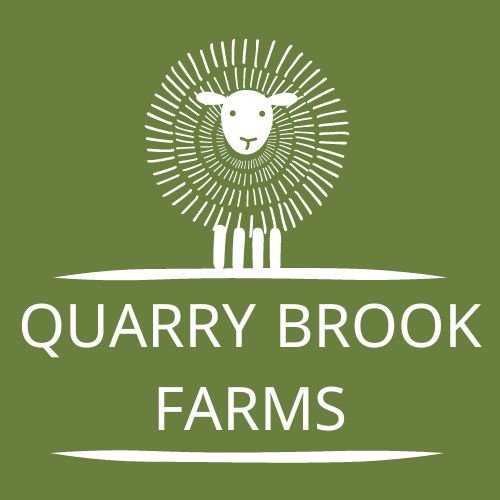Did you know that you're revolutionary? That might sound drastic but it's true. By purchasing at least some of your food directly from a farmer you are rebelling against a food system that wants everyone to consolidate and conform. As farmers, we are so grateful for you and your rebellious tendencies. Here's why:
Everywhere one looks there is another farm closing up or going under. Dairy farms are in a tailspin and therefore in the news. Just this morning we learned a farmer friend is shuttering his farm. The 'Auction Notice' page in a local farm publication has become pages. Things are getting desperate for many and customers are asking us what they can do to help local farms.
Our worst fear is that it may be too late for many farms. Here we are, nearing the bottom on a 40-year slide into consolidation and incorporation that, left unchecked, will continue to squeeze small farms into oblivion. Part of the current problem for dairy farmers is that they have little control over the pricing, processing, or distribution of their product. No control means no power and no choice. For the sake of ease and efficiency, our country is asking the farmers who produce our food to be slaves to a corporate food system.
The culmination of the "get big or get out" era of agriculture could very well be an entire food supply in the hands of corporations. They will make the choices about what we eat because there will be no alternative. The days of diversified, independent farms that actually grow food will be gone and school kids will think we're crazy when we try to teach them a song about an old farmer who had cows, pigs, and chickens. E-I-E-I-O. It sounds dramatic but it's happening right now. Farms are going out of business at lightning speed.
As long as people need food, farms have a chance but the farmers have to have some influence and control on their markets. Over two decades ago, forward-looking farmers saw this current problem coming and started returning to a way of farming that eliminated intermediary distributors, processors, and marketers. Instead they sought to connect directly with their customers. Farmers markets sprang up, CSA became a familiar term, and organic/naturally-grown certifications arrived to help consumers differentiate at-a-glance between conscientious farms and their massive industrial counter-parts. Independent farms who connected directly with their customers were making a go of it, so much so that corporations sat up and took notice.
Today, big corporations have jumped on and largely bought-up what those small farmers were selling; just think about how food choices have changed in supermarkets over the past twenty years. Everywhere you look, a large company is cashing-in and probably using pretty pictures and words like local, natural, farm-fresh, organic, artisanal, sustainable, small-batch on the labels to do it.
There are many examples of industry making it big on the backs of small farms. If corporate-owned supermarkets can get customers to purchase grass fed beef, artisanal bread, or organic kale in their stores, those customers no longer go directly to the farmers. The big stores lure customers in with the promise of small-scale local products but consistently drop those farmers' products after a short time. For the sake of ease, efficiency, and a few dollars saved, our country is letting those who produce our food be replaced by a corporate food system.
Farmers can grow more than enough food to feed the world but they need consumers to buy it from them, not at a superstore after a long line of processors, distributors, and wholesalers have taken a bite. We need to remember food comes from farms and to shop at a farmers markets, farms, co-ops, and buying clubs whenever possible. This will keep non-corporate farms in business long enough to work on the distribution issues that are the real root of hunger. This is how we restore rural economies and communities and why the local food movement can’t just be a waning trend that corporations adulterated and then rode to a sad end. When farms lose control of what they produce, we lose farms.
This is why you’re a revolutionary. Every time you purchase directly from a farmer, you are helping them stay in control of their market and their farm. You are telling corporations you don’t need their gimmicks to feed your family. You are part of the movement that puts farmers who truly care about land, animals, and soils-our collective future-back in charge of food.


